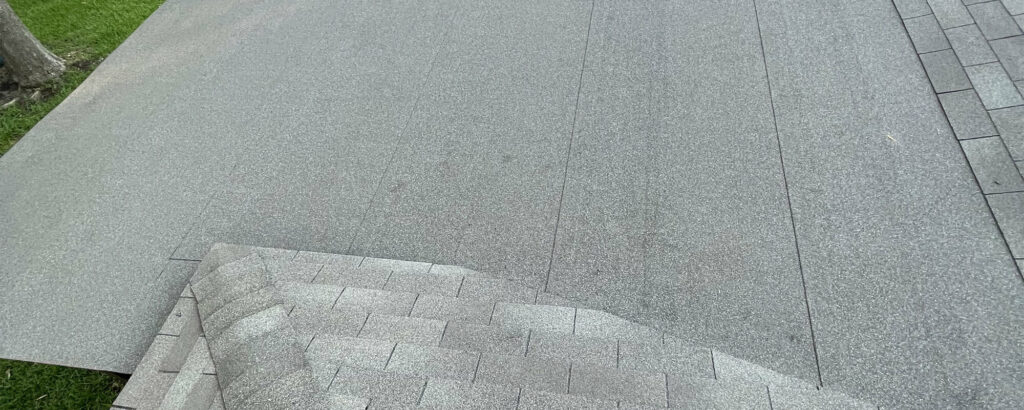
What is a commercial roof?
A commercial roof is any roof that is used for business or commercial use. This can include industrial, agricultural, and other types of buildings that are used for making or selling products. If your roof is used for a business, you may need a commercial roofing contractor. If you have an industrial roof, you may need a different type of contractor. Commercial roofs are generally more durable than residential roofs and are created with different materials. They are also installed differently and require different maintenance. Commercial roofs are very different from residential roofs. They are designed to withstand the elements and are heavier and more durable. They are also made to last longer and be more energy-efficient. Commercial roofs usually have less of a slope than residential roofs do. Because of their design and makeup of materials, commercial roofs are often more expensive than residential roofs.
What is a residential roof?
A residential roof is a roof used on a house or other type of residential building. They are generally lighter and less durable than commercial roofs. Residential roofs are designed to be affordable and easy to replace, especially if there is damage. Residential roofs are also generally easier to install than commercial roofs because they are less heavy and more lightweight. Residential roofs are generally lighter in color than commercial roofs and are made from materials such as asphalt shingles, wood shingles, or synthetic materials.
Differences between commercial and residential roofs
There are many differences between commercial and residential roofs. The most obvious difference is the materials used. Commercial roofs are heavier and made from different materials such as TPO, Rubber and PVC. Residential roofs are lighter and made from materials such as asphalt shingles. Another difference between commercial and residential roofs is the installation. Commercial roofs are generally much larger projects and more difficult to install. Residential roofs are smaller and more simple and easier to install. In terms of maintenance, commercial roofs require more maintenance than residential roofs. Commercial roofs require more upkeep, cleaning, and repairs than residential roofs do. Commercial roofs also require special care because of their heavier nature. Residential roofs require occasional cleaning, but don’t have to deal with the elements in the same way that commercial roofs do.
Why is commercial roofing different from residential?
Commercial roofs are generally very low sloped due to the large area commercial buildings cover. The water moves more slowly over the lower slope and sometimes even pools up. This means that commercial roofing materials have a much tougher job than residential materials. Commercial materials are also meant to last a lot longer. A business or an investor may own a commercial building for more than 50 years while the average homeowner changes houses every 7 years.
Why is residential roofing different from commercial?
Residential roofs are tailored to the need of a homeowner. Since homeowners change houses around every 7 years on average, they may not want to invest in a roofing system that is much more expensive but designed to last two or three times as long. Residential roofs can also be much steeper than commercial roofs since they cover much less area. This gives residential roofs the benefit of gravity doing a lot of the work of shedding water so the materials don’t have to have the same requirements as commercial materials do.
Final words: Which type of roof is right for you?
There are many differences between commercial and residential roofs. Commercial roofs are heavier and designed to withstand more damage. They are also made to last longer than residential roofs. Residential roofs are lighter and designed to be easy to replace. Residential roofs are also designed to be easy to clean. Residential roofs are also designed to be affordable. Residential roofs are also designed for residential use and not commercial buildings. Residential roofs are generally lighter in color than commercial roofs. If you need a repair or replacement of your residential or commercial roof, schedule an appointment with Agave Roofing today.